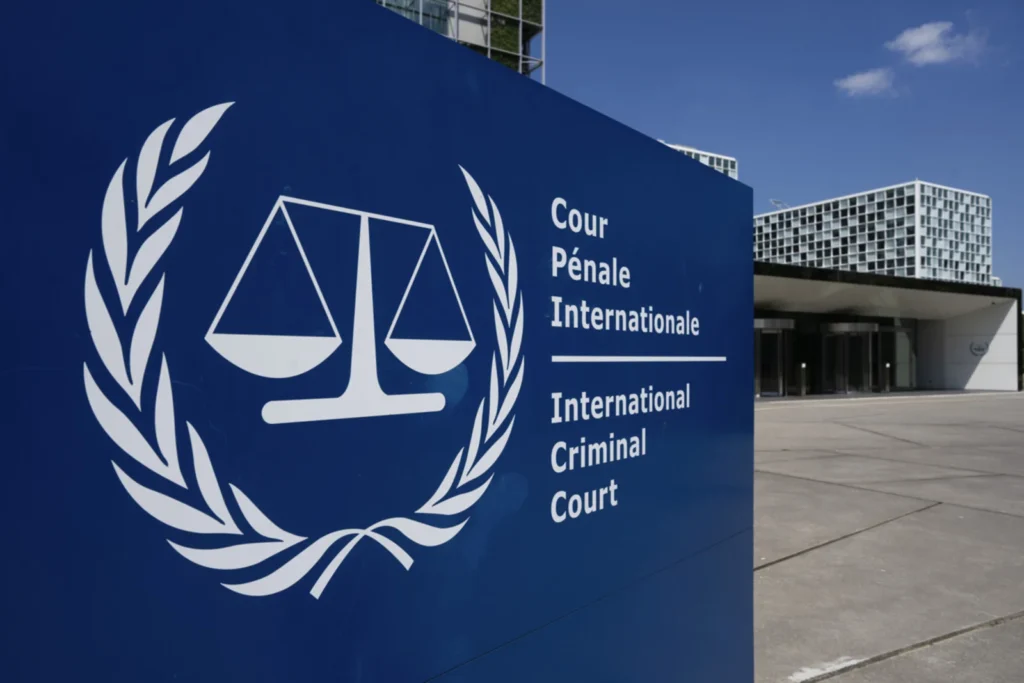Government Cites Security Concerns Amid Criticism Over ICC Obligations
Italy has defended its decision to expel Ossama al-Masri, a Libyan warlord wanted by the International Criminal Court (ICC), rather than handing him over to face charges of war crimes and crimes against humanity. Interior Minister Matteo Piantedosi addressed lawmakers on Thursday, stating that al-Masri was repatriated to Libya due to “urgent security reasons.”
Speaking during a Senate session, Piantedosi emphasized that the decision to expel al-Masri was made in light of the “danger posed by the individual.” However, he refrained from providing further details, citing a planned address to lawmakers next week.
Ossama Anjiem, also known as Ossama al-Masri, is accused by the ICC of heinous crimes, including murder, torture, and rape, perpetrated in Libya’s Mitiga prison starting in 2015. The charges carry a potential life sentence.
Al-Masri was arrested in Turin over the weekend after attending a football match, but Italy’s Court of Appeals ordered his release on Tuesday, citing a procedural error in his arrest. Shortly after, he was flown back to Tripoli aboard an Italian government aircraft, where he received a hero’s welcome.
Rome Faces Backlash Over ICC Obligations
Italy’s handling of al-Masri’s case has drawn sharp criticism from human rights groups and lawmakers, who accuse Rome of failing to meet its obligations to the ICC. The ICC, based in The Hague, issued a warrant for al-Masri’s arrest and informed member states, including Italy, of his presence in Europe. The court also urged Italy to contact it “without delay” if there were any issues in cooperating with the warrant.
Despite this, the Italian government repatriated al-Masri following the appeals court’s ruling, which noted that Justice Minister Carlo Nordio had not been informed of the arrest in advance. The justice ministry is the institution responsible for managing Italy’s relations with the ICC.
Senators have demanded answers from Prime Minister Giorgia Meloni and urged her to address the matter in an open session. Critics argue that Italy’s actions undermine the ICC’s efforts to bring perpetrators of war crimes to justice.
Human Rights Concerns and Accusations Against Italy
Al-Masri’s return to Libya has raised alarm among human rights organizations, who accuse Italy of complicity in abuses taking place in Libyan detention facilities. These facilities, where migrants are frequently held, are notorious for documented cases of torture, rape, and other gross human rights violations.
The ICC accuses al-Masri of playing a central role in crimes committed in the Mitiga prison, which was under his control beginning in 2015. His crimes reportedly targeted prisoners, including migrants, further highlighting the ongoing abuses in Libya.
By expelling al-Masri, Italy has not only faced criticism for ignoring the ICC’s request but has also been accused of turning a blind eye to the widespread mistreatment occurring in Libya. As calls for accountability grow, the Italian government will likely face increased scrutiny over its actions in this high-profile case.


